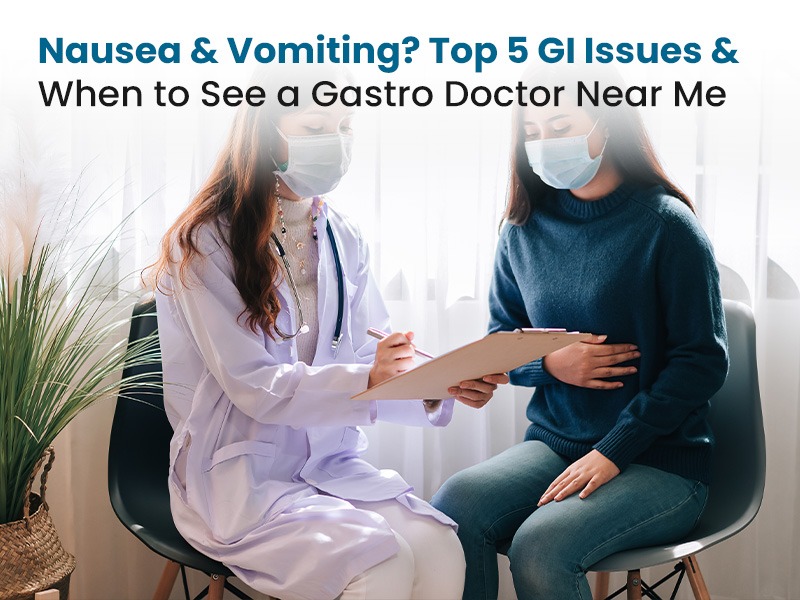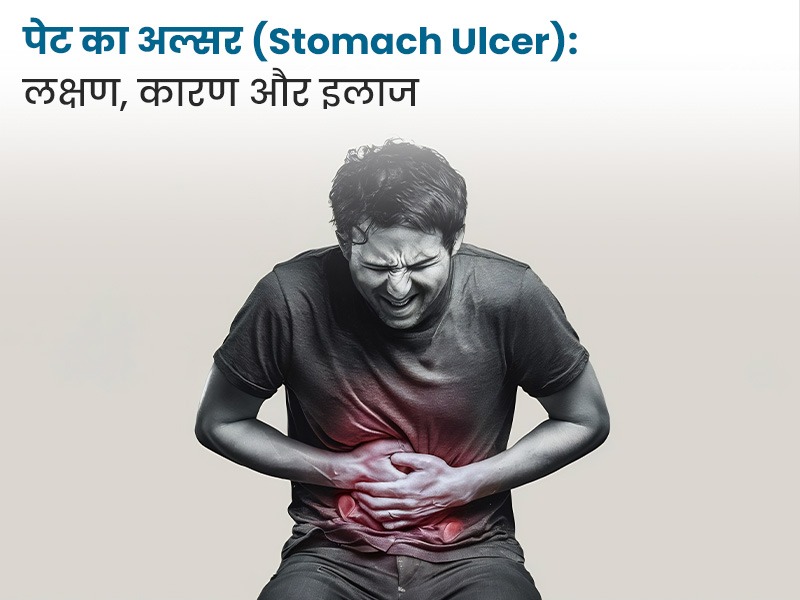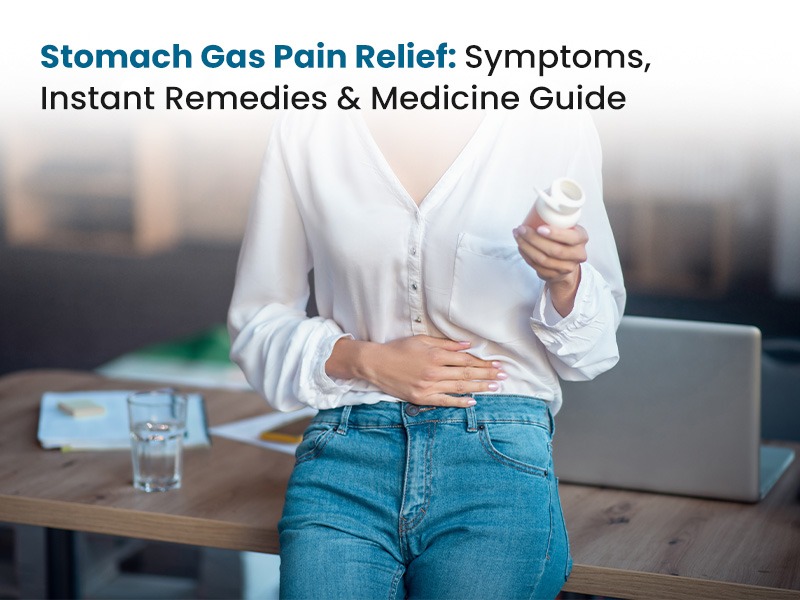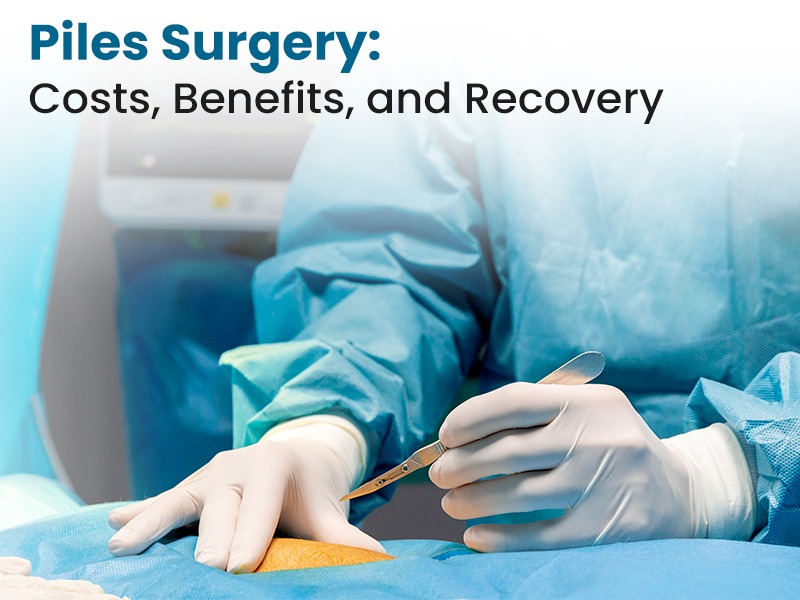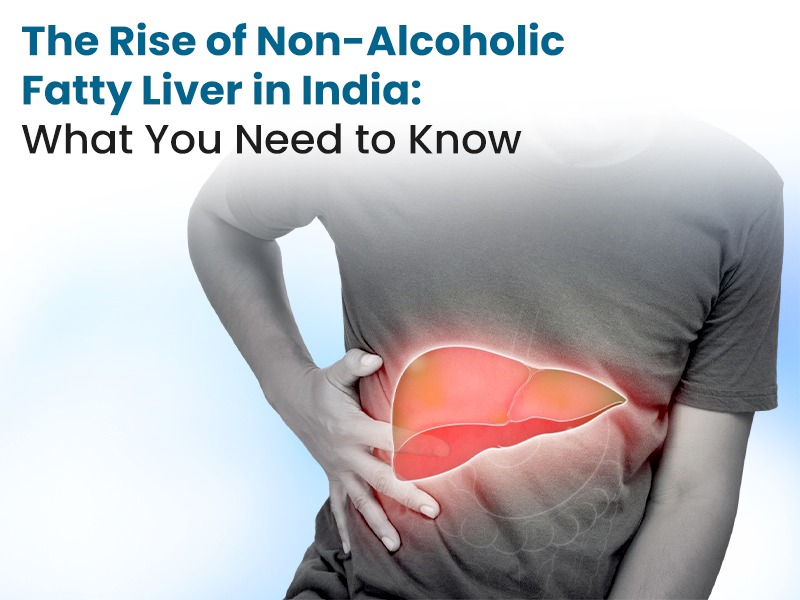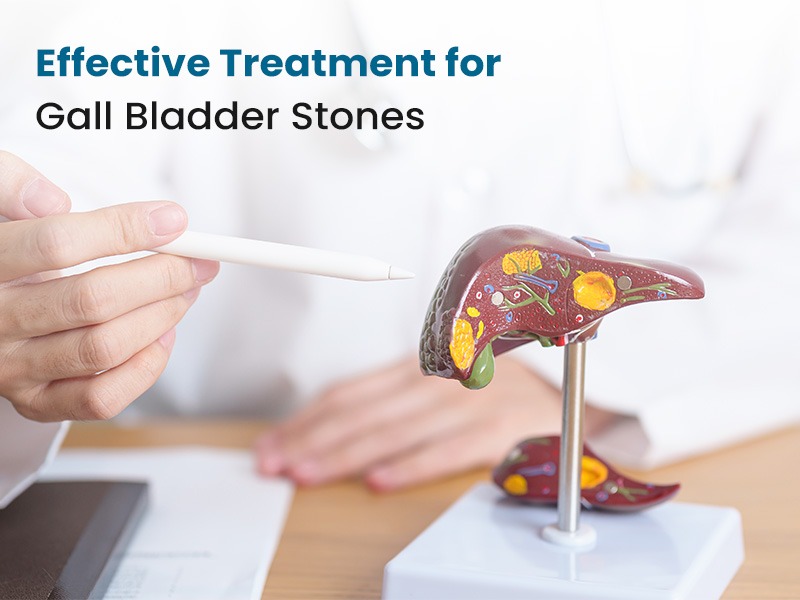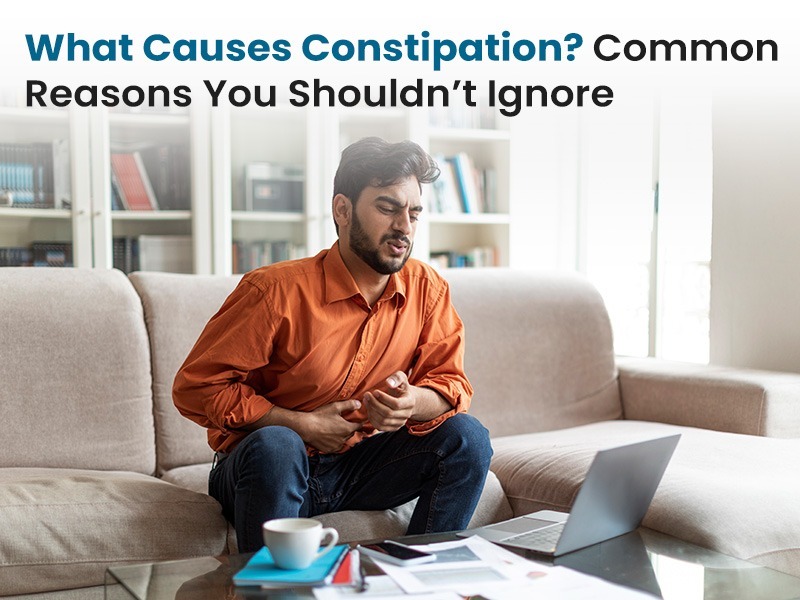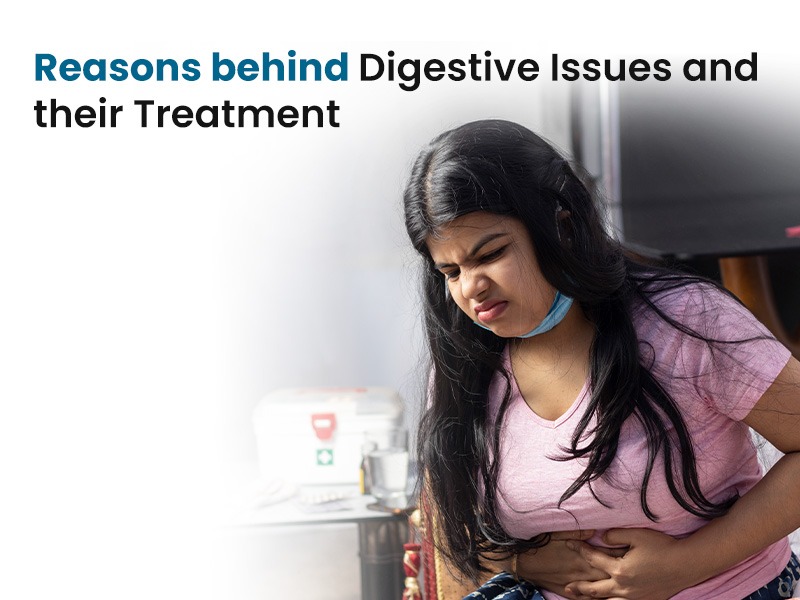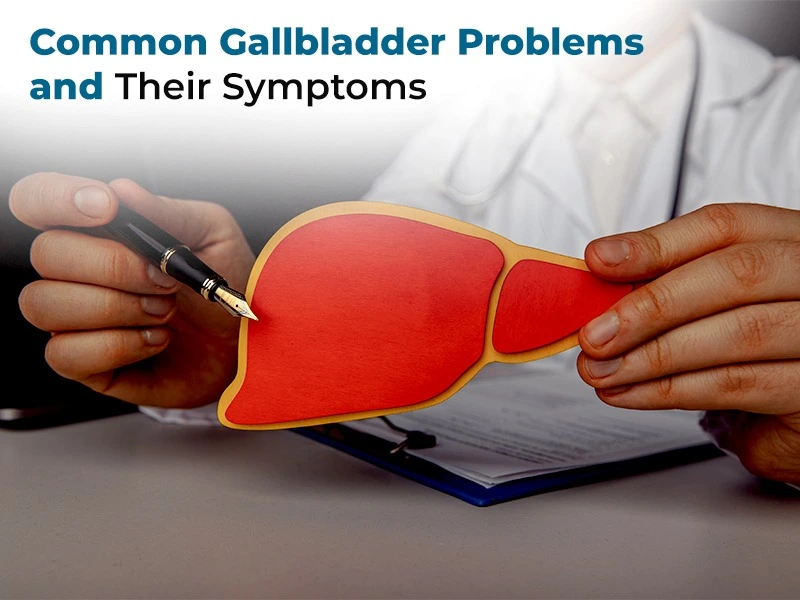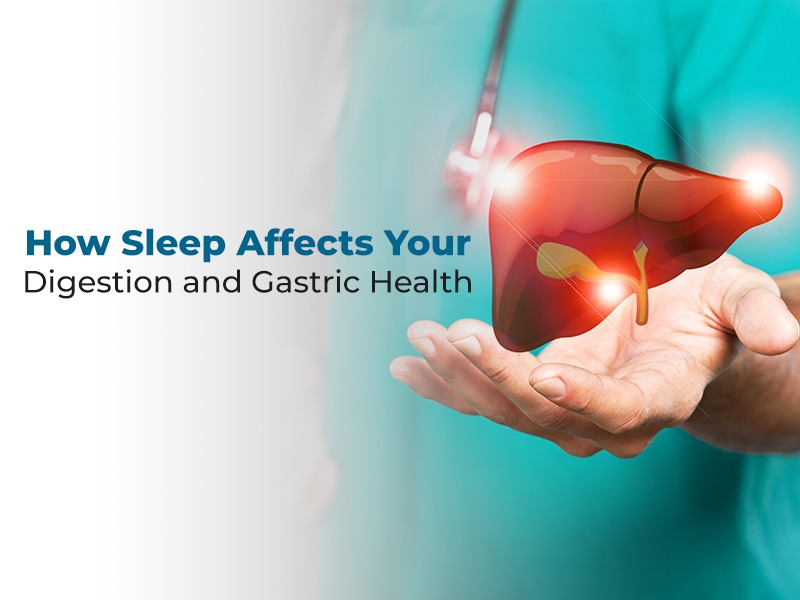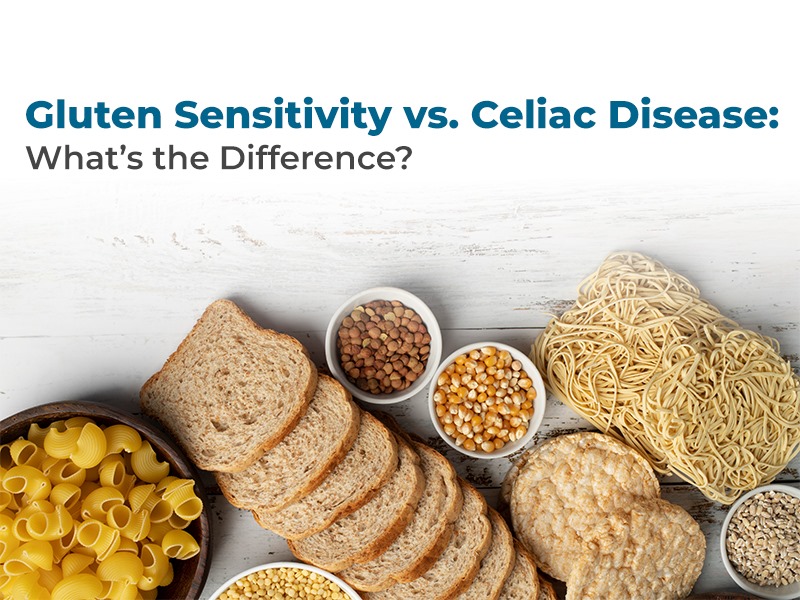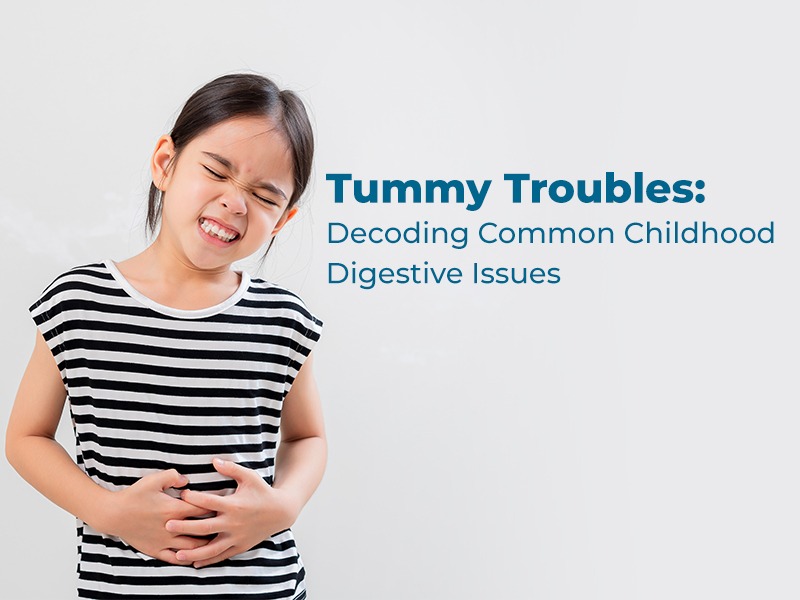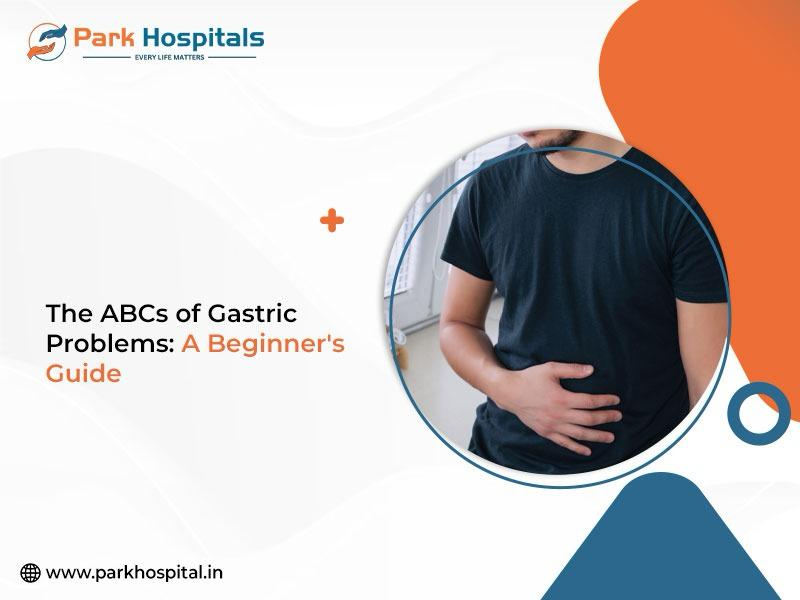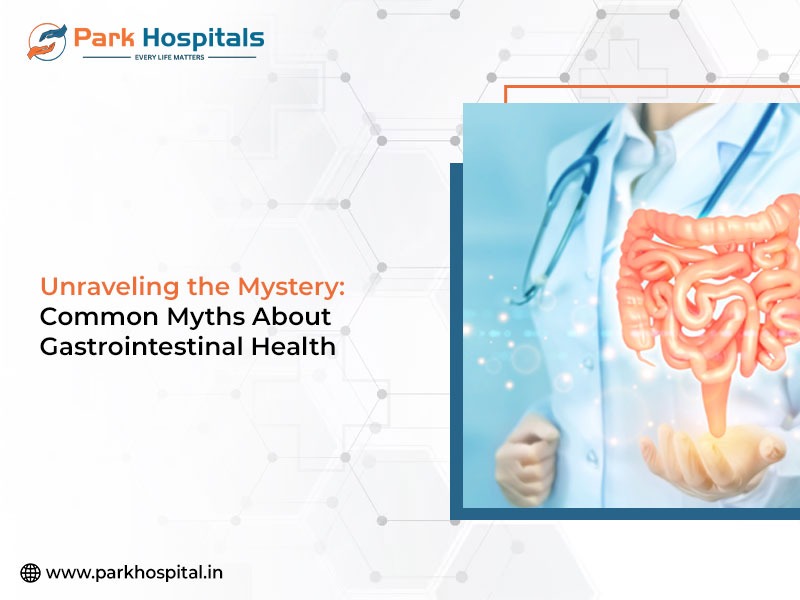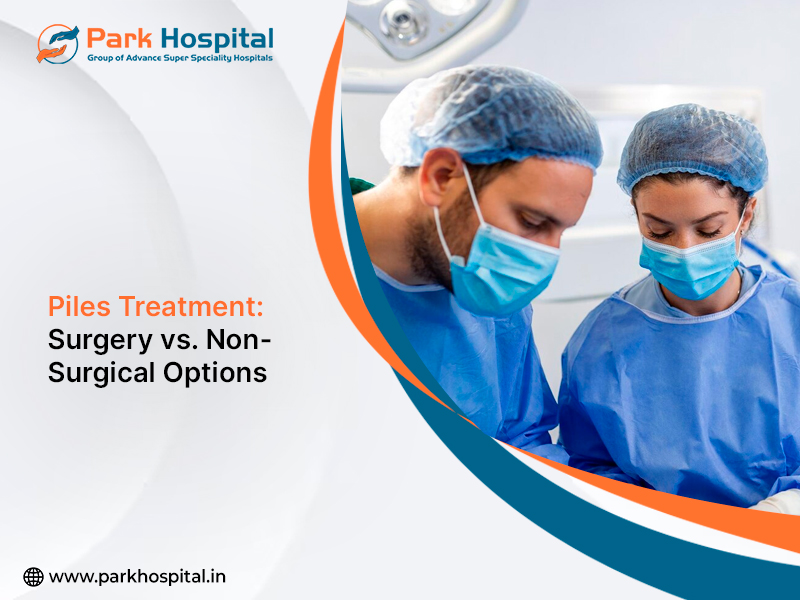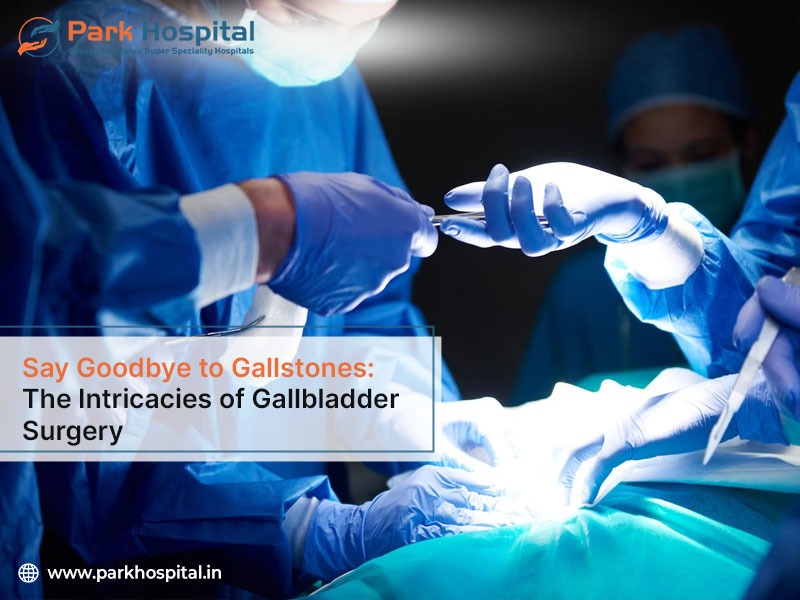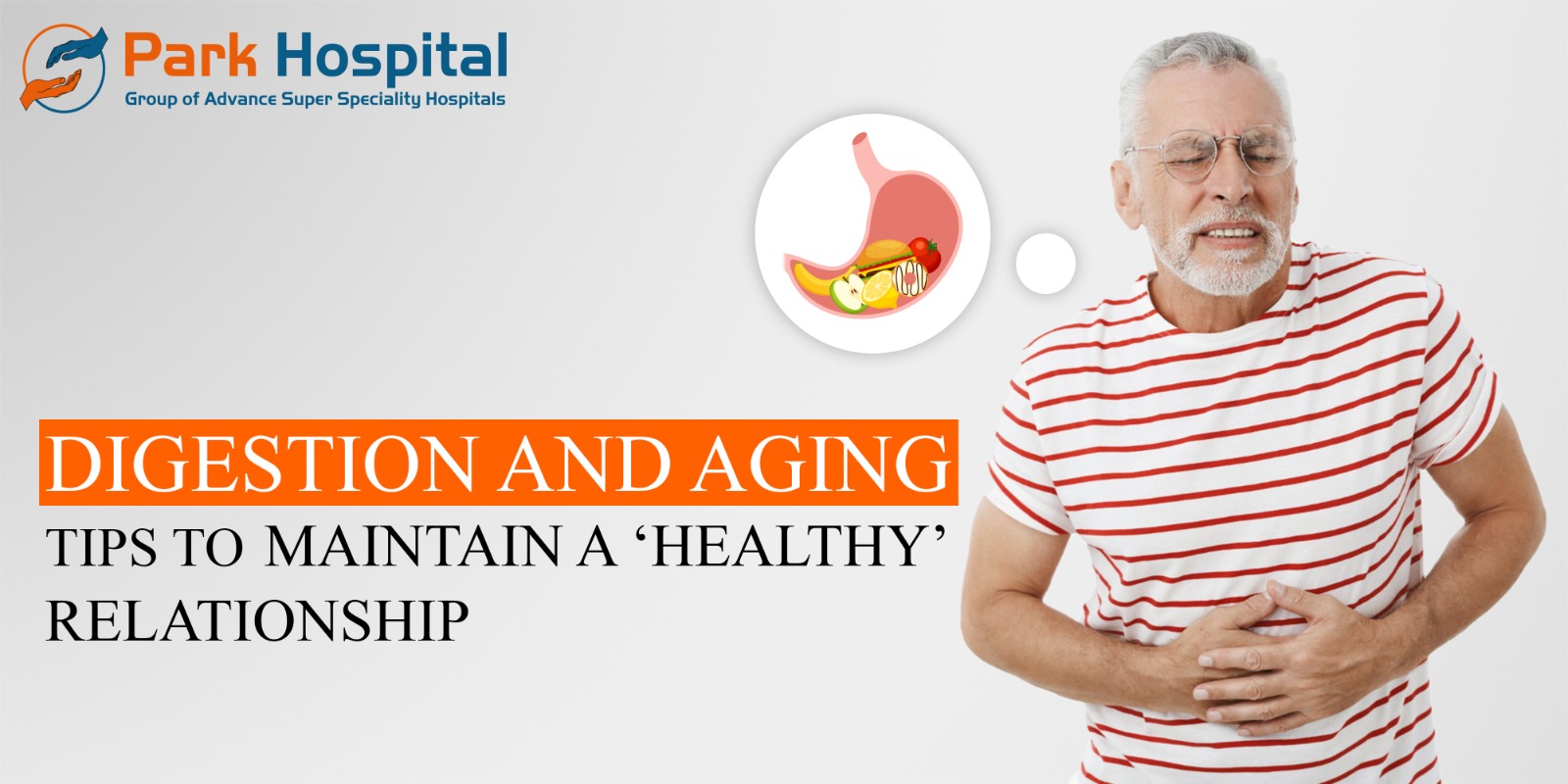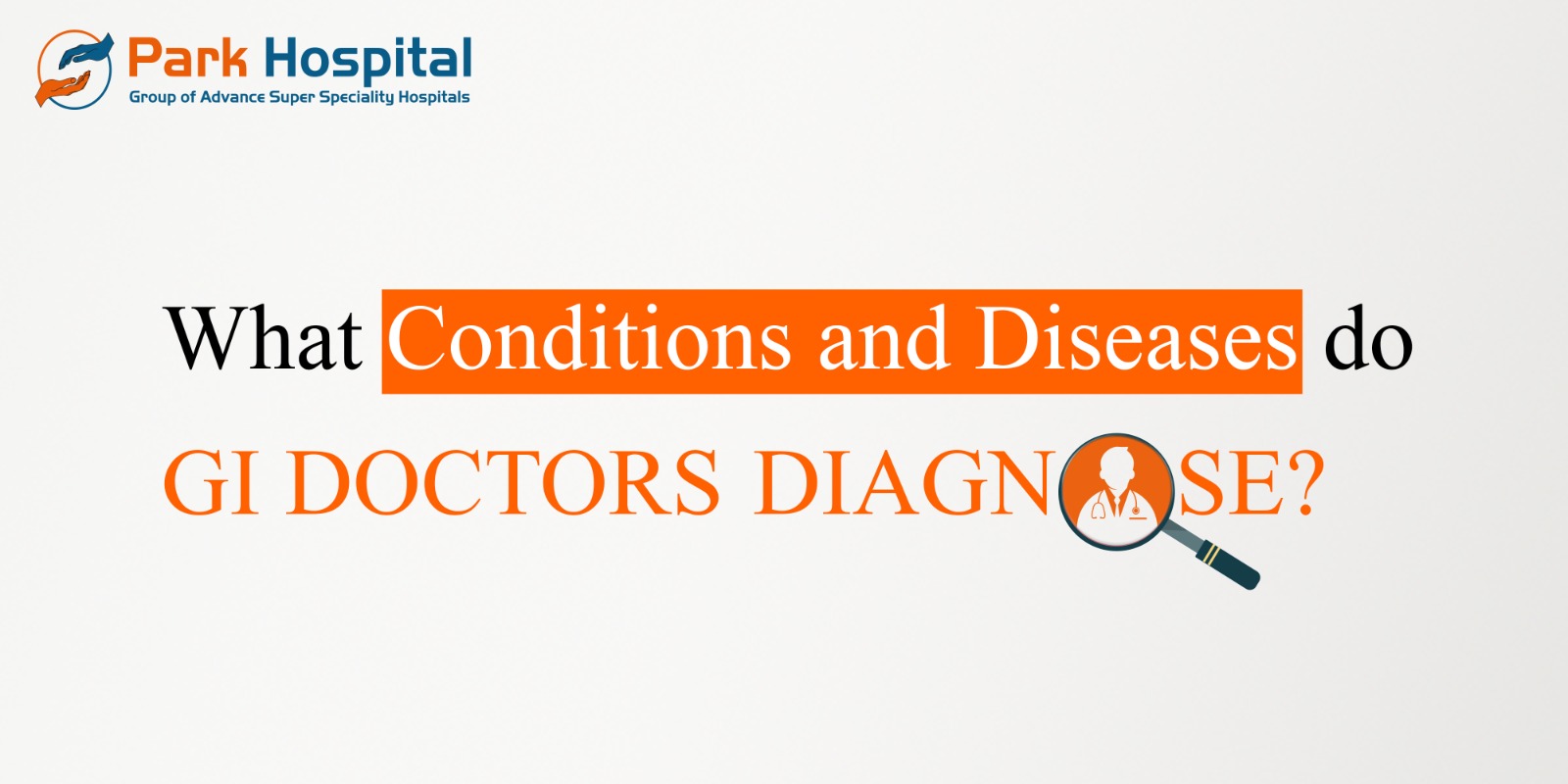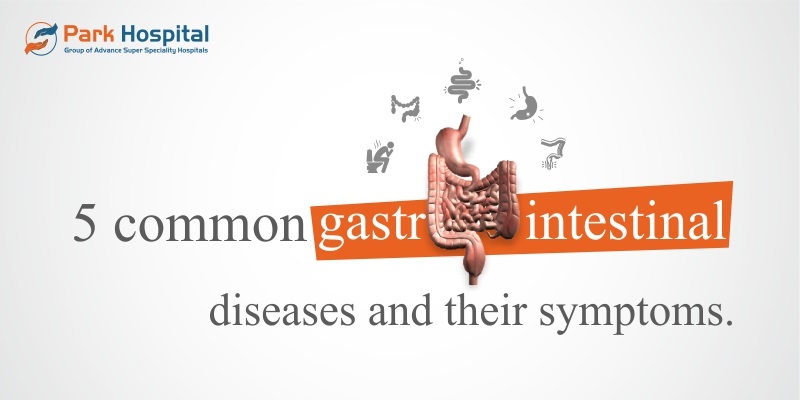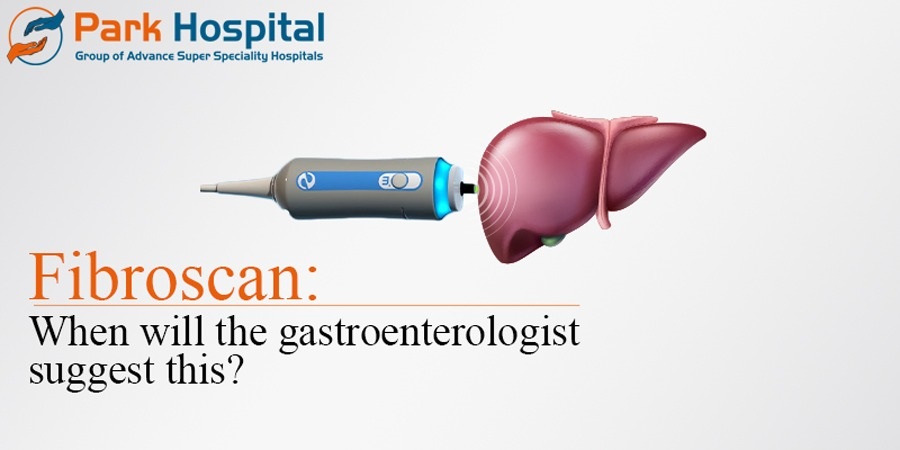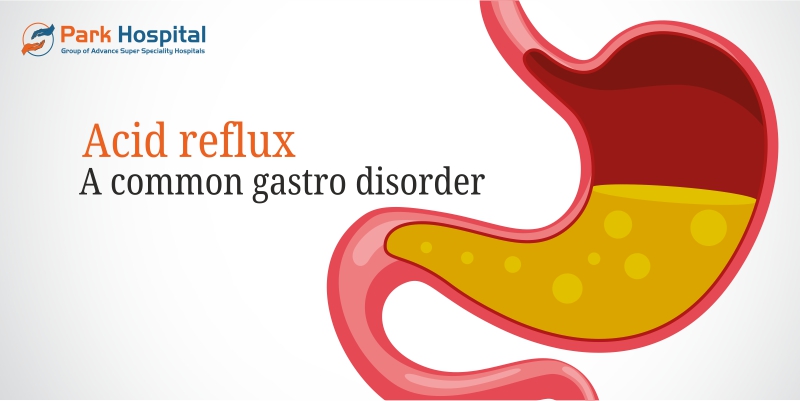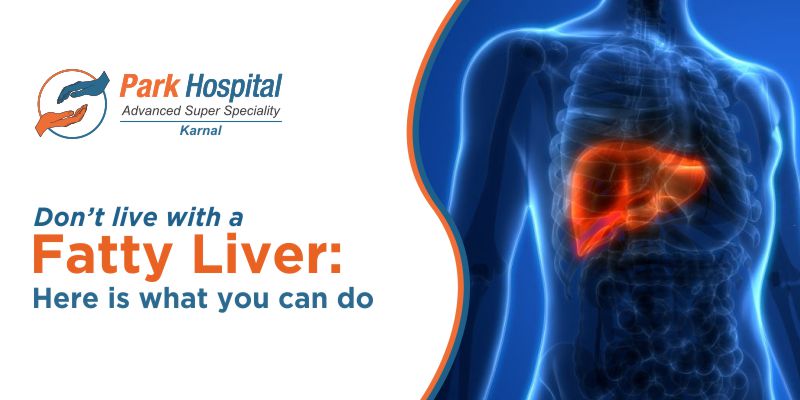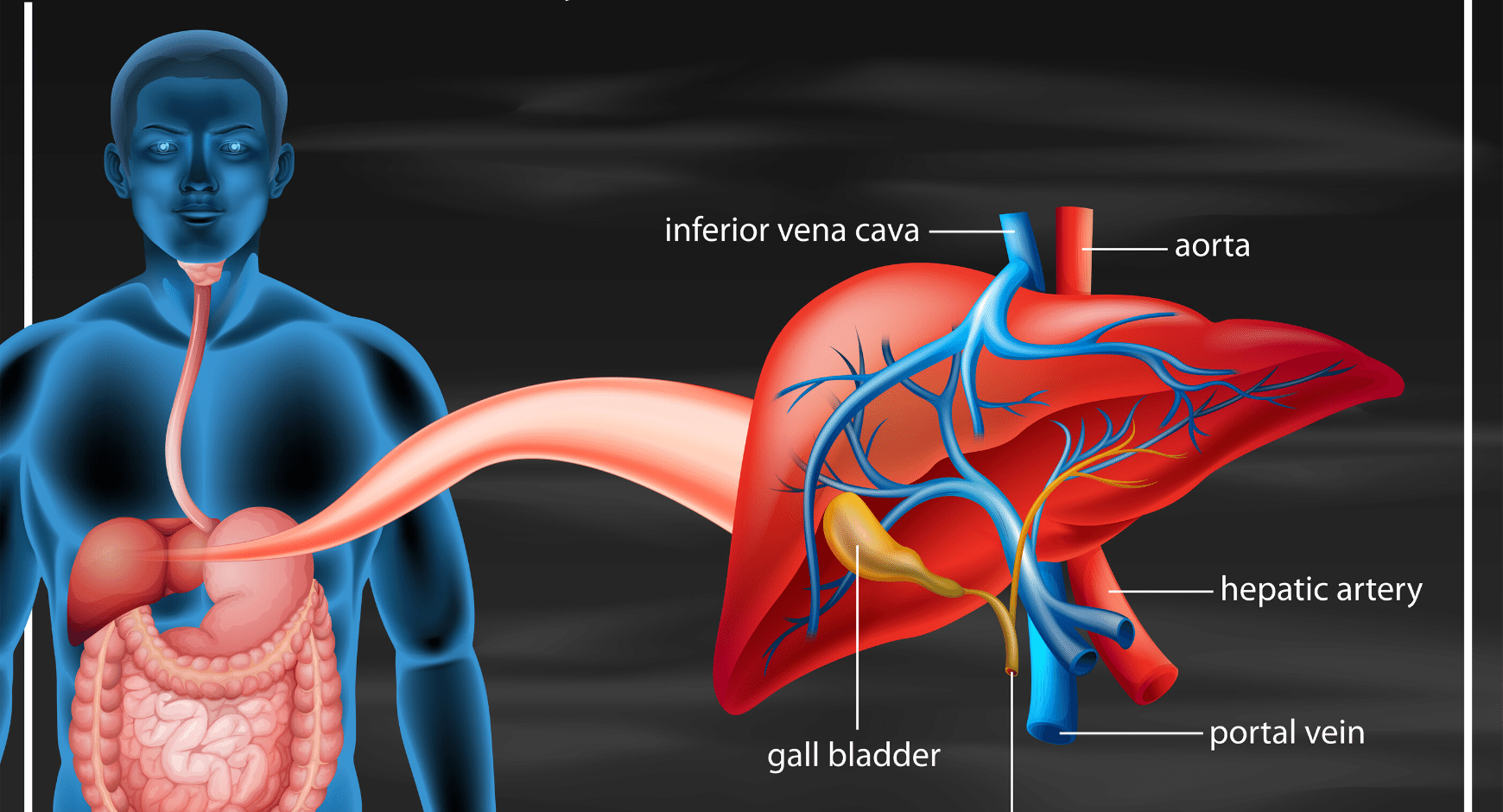A churning stomach, a sudden wave of nausea, or that uneasy feeling after a meal. These moments have become so common that people do not even consider searching for a gastro doctor near me and get a quick consultation. Around the world, 4 out of 10 adults experience a digestive issue each year. Sometimes, occasional nausea or vomiting is managed with some home remedies. However, recurrent or unexplained episodes might be your body’s early warning that something deeper is going on inside your gut. So, if you’ve been wondering which is the right gastroenterology hospital and how you can maintain your gut health, read on to get complete details.
What Is Nausea, and Why Does It Happen?
Nausea is your body’s reaction to something off, like food poisoning, stomach irritation, infection, or even anxiety. It’s that wave of discomfort you feel before you vomit. On the other hand, vomiting is your body’s way of forcefully emptying the stomach to get rid of what’s irritating it.
Mild nausea from overeating or motion sickness is common. But when it happens frequently, especially with bloating, pain, or loss of appetite, you need to look for a gastro doctor near me to find the root cause.
Top 5 GI Issues That Can Cause Nausea and Vomiting
You should immediately book a consultation with a gastroenterology hospital if you experience any one or more of the following Gastrointestinal (GI) issues:
1. Acid Reflux (GERD)
A burning sensation after meals or when you lie down often signals acid reflux, when stomach acid flows back into the oesophagus. It can trigger nausea, sore throat, and chest discomfort. So, to tackle such issues, avoid spicy foods, eat smaller meals, and sleep with your head elevated. But remember, persistent reflux needs attention from the best gastro doctor in Delhi.
2. Gastritis
Gastritis refer to the inflammation of the stomach lining. It can result from infection (especially H. pylori), painkillers, alcohol, or stress. Symptoms include nausea, vomiting, bloating, and dull stomach pain. Chronic gastritis needs proper evaluation and treatment to prevent ulcers.
3. Gallbladder Problems
If nausea strikes after eating fatty food, your gallbladder might be the culprit. Gallstones or bile duct blockages can cause intense upper abdominal pain, vomiting, and indigestion. With timely diagnosis through ultrasound and consultation with the best gastroenterologist in Sonipat or Delhi, anyone can easily manage these before complications arise.
4. Food Intolerance or Food Poisoning
When your body rejects certain foods, lactose, gluten, or contaminated meals, it often leads to nausea and vomiting. This reaction is your body’s defence against harmful toxins. Drinking fluids and rest can help, but repeated episodes need testing for allergies or gut infections.
5. Liver or Pancreatic Conditions
The liver and pancreas are among the most important organs in your digestive system. Any kind of inflammation, infections, or enzyme imbalances in these can cause persistent nausea, abdominal swelling, and loss of appetite. Therefore, you should go for blood tests and imaging. The best resort is expert care in a gastroenterology hospital.
How to Improve Gut Health Naturally?
Healthy digestion starts with consistent care. Here’s how to improve gut health to strategies suggested by most physicians:
Follow a balanced diet chart: Include fibre-rich foods like fruits, vegetables, and whole grains. Reduce greasy and processed foods.
Stay hydrated: Water helps your body flush out toxins and keeps digestion smooth.
Add probiotics: Yoghurt, kefir, or probiotic supplements restore healthy gut bacteria.
Eat mindfully: Chew slowly, eat smaller portions, and avoid lying down right after meals.
Manage stress: Chronic stress can upset gut function and trigger nausea. Try yoga or breathing exercises.
Get regular sleep: The digestive system resets while you rest. Irregular sleep patterns disrupt gut rhythms.
When you follow a balanced diet chart made by your gastro doctor, you can correct deficiencies and promote long-term gut wellness.
When to See a Gastroenterologist
You don’t need to panic over one bad meal, but you shouldn’t ignore symptoms that repeat or intensify. Visit a gastro doctor near me if you experience:
Persistent nausea or vomiting lasting more than 48 hours
Abdominal pain, bloating, or heartburn after most meals
Blood in vomit or stool
Sudden weight loss or loss of appetite
Yellowing of the eyes or skin (possible liver-related issue)
Protect Your Gut With Personalised Care!
If nausea, bloating, or irregular digestion have become part of your routine, it’s time to listen to your gut. At Park Hospital, our expert gastroenterologists focus on treating the cause, not just the symptoms. We offer personalised treatment backed by advanced technology and a holistic approach. Schedule your next consultation today by searching for the best gastro doctor near me!
Also Read: अश्वगंधा के स्वास्थ्य लाभ: Park Hospital की विस्तृत गाइड
FAQs
1. What causes nausea and vomiting most commonly?
Common causes include gastritis, food poisoning, motion sickness, viral infections, or acid reflux. In some cases, liver or gallbladder issues may also contribute.
2. When should I see a gastro doctor for nausea and vomiting?
If symptoms persist for more than two days, involve abdominal pain, or cause dehydration, it’s best to see a gastro doctor near me for evaluation.
3. Can acid reflux or gastritis cause constant nausea?
Yes. Chronic acid reflux or gastritis can irritate the stomach lining, which can lead to frequent nausea and discomfort after eating.
4. Is nausea a symptom of serious digestive problems?
Sometimes. Persistent nausea can signal ulcers, infections, gallstones, or even early liver or pancreatic issues that need prompt diagnosis.
5. How can I prevent frequent nausea after eating?
Eat smaller, balanced meals, avoid overeating, and reduce caffeine, alcohol, and fried foods. Get a balanced diet chart, personalised as per your dietary needs.

